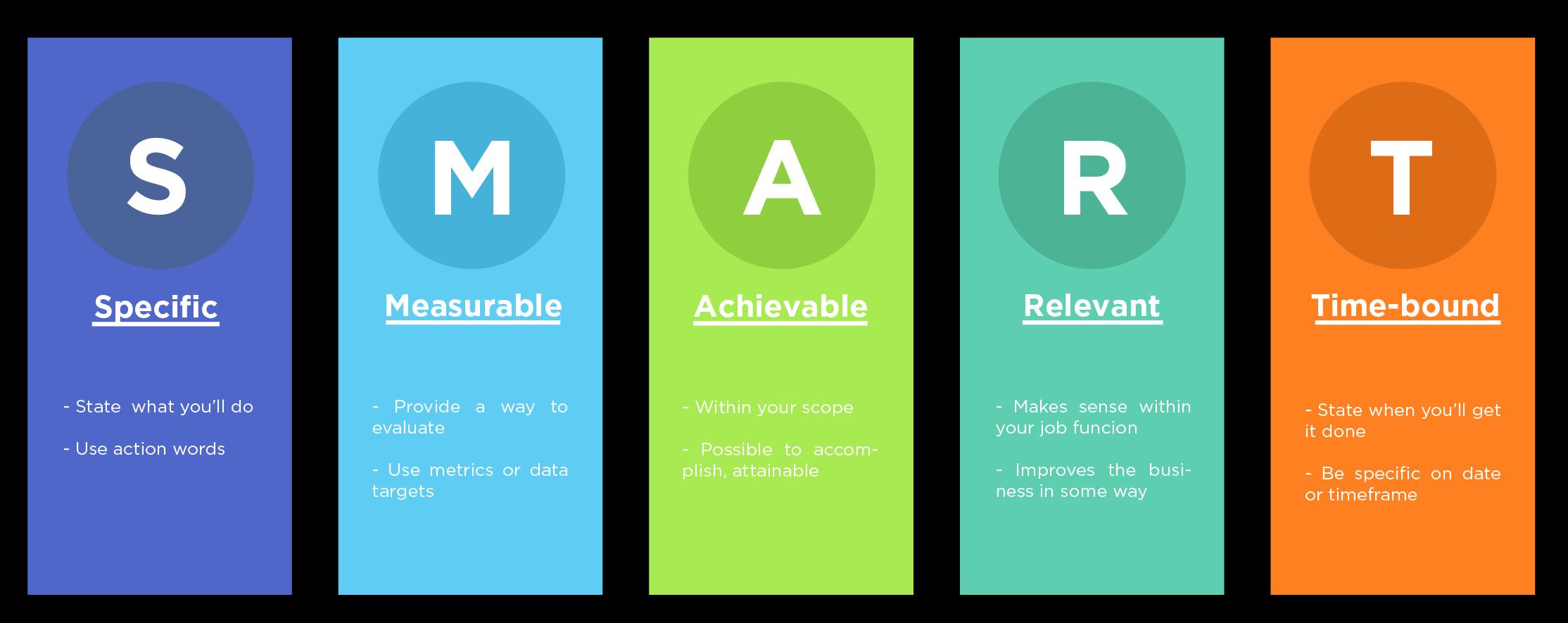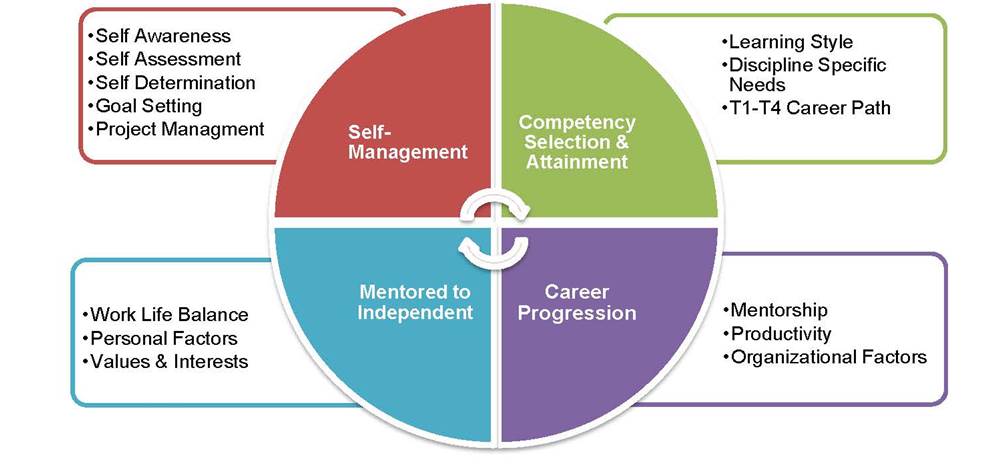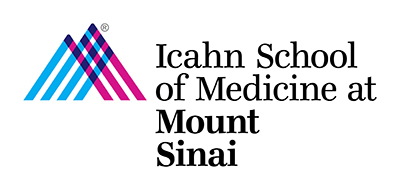Individual Development Plans (IDPs)
How to Create SMART Career Development Plans
As an early career investigator at Mount Sinai you will find it valuable to have an IDP. To start this process, you should start with goal-setting. This is a critical part of the career development plan process. Unrealistic or vague goals can be frustrating and may inhibit motivation and productivity. Goals should be written so they’re specific, measurable, achievable, relevant and timely (SMART). This practice is valuable opportunity for self-reflection and provides clear communication between you and your mentors.
These goals can be short-term (less than one year/perhaps work focused) and long-term (more than one year/career focused). The difference between a goal and an activity is that you “do or complete activities” to “reach your goals.”

Put Your IDP into Action
Once you have developed your IDP and met with your mentor to discuss and finalize your professional development and career goals, you will want to:
Keep your IDP handy
Work your plan
Update/revise as necessary
Track your progress
Have check-ins
Celebrate your milestones and new opportunities!
Individual career Development Plans (IDPs)
The process of mentored career development gives rise to the successful emergence of independent investigators and is of critical importance in assuring the future CTS workforce. In the world of business and government, mentored career development is perceived as an organized, formalized, and planned way to achieve alignment between the individual’s career needs and aspirations and the organization’s work-force requirements. In these settings, individualized career development plans (IDPs) have long been encouraged as critically important for informed professional growth, skill acquisition and the successful realization of individual potential.
For early career investigators, the IDP outlines a career-planning process designed to help you identify career goals and develop a plan for meeting those goals. Constructing an IDP is an iterative and ongoing process that involves assessing your career skills, values, and
interests; exploring job opportunities and determining which career is the best fit for your skills, interests, and values; and developing a realistic set of goals to help prepare for that career. This process involves agreeing objectives with your mentors, committing to achieve competencies within a specified time frame, and fosterings important personal skills such as self-awareness, personal responsibility and facilitated introspection.
In recent years, numerous studies have consistently demonstrated the success of structured mentorship along with the use of academic career individual development plans (IDPs). A range of IDP formats, originally designed for career development in basic research, have been adopted by other fields of inquiry in medicine and science. You can find some examples of these in out Useful Resources section below.

* Used with permission from Martina CA, Gabrilove J, Luban N, Patino-Sutton C. JCTS 2018;1, S1: 2502
Useful Resources for Constructing Your IDP
Evidence for IDPs
Yearly Planning Meetings: Individualized Development Plans Aren’t Just more Paperwork
Putting PhDs to Work: Career Planning for Today’s Scientist
IDP templates and formats
myIDP is an interactive tool that helps postdocs and graduate students in the sciences develop a step-by-step plan for reaching their career goals. There is no charge to use the site, and postdocs can return as often as they like to access the tool. They can also print out portions of their IDP for further one-on-one or group discussions with their mentor or fellow postdocs.
myIDP provides:
Exercises to help you examine your skills, interests, and values.
A list of 20 scientific career paths with a prediction of which ones best fit your skills and interests.
A tool for setting strategic goals for the coming year, with optional reminders to keep you on track.
Articles and resources to guide you through the process.
Users may print out or send a certificate to any email address documenting their progress in creating an IDP. The certificate will have a checklist that reports which sections of myIDP have been completed and whether there has been a discussion with the mentor.
ImaginePhD is a free, online career exploration and planning tool for postdocs and graduate students in the humanities and social sciences.
ImaginePhD users are able to:
Assess their career-related skills, interests, and values.
Explore careers paths appropriate to their disciplines.
Map out steps for career and professional development.
Developed by experts from over 50 universities, ImaginePhD offers a unique platform that teaches PhDs about popular job sectors, search strategies, and how to transfer skills across settings.
